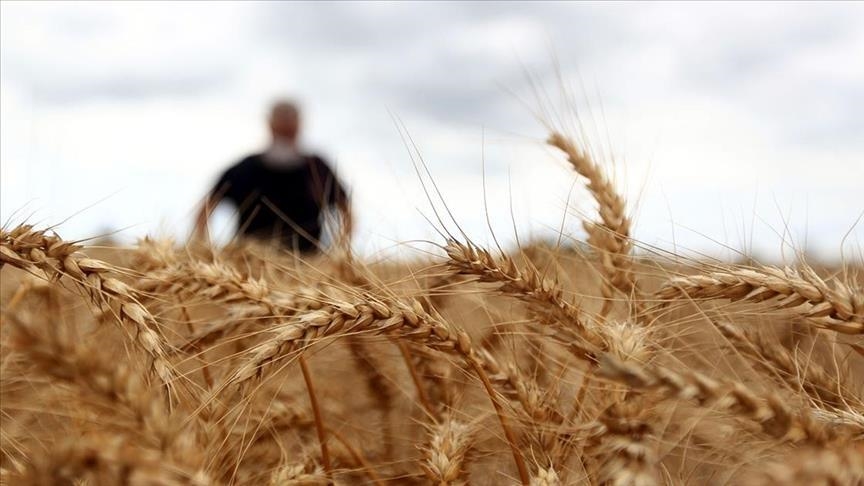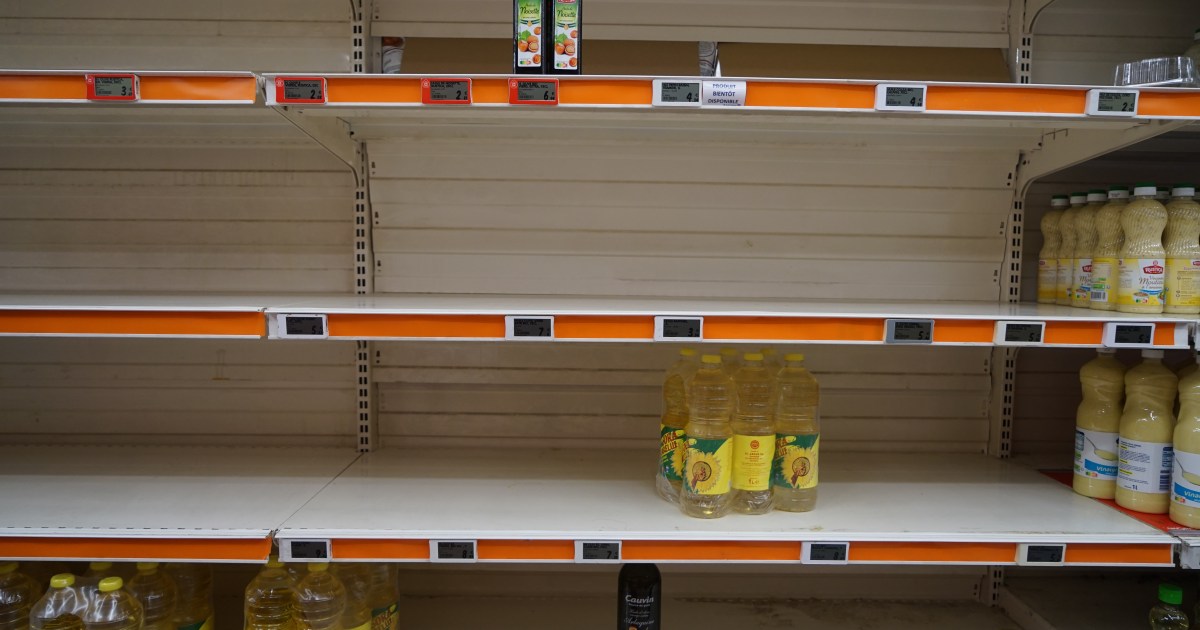On February 24th, 2022, Putin’s Russia staged what looked to be a blitz invasion of Ukraine, heading for the capture of the Ukrainian capital of Kyiv. It failed. But the invasion soon became a war of attrition.
Putin’s strategy is now to weaken Western economies by stopping critical exports. Europe is suffering from high gas and oil prices, and the butterfly effect is that supply chains around the world are being severely affected.
Here’s more:
- Russia is amplifying its pressure on the West by blocking the export of wheat from Ukraine, one of the biggest grain exporters in the world.
- The disruptions are proving profitable for some Asian countries, including China and India. Both have increased their fossil energy purchases from Russia, neutralizing much of the force of the sanctions on Russia (which the West had hoped would force Moscow to withdraw from Ukraine). Neither country shares the common global goals on the environment and emissions.
- Russia also found European countries who were willing to break ranks with the critical EU decision not to pay for energy in rubles, so that those countries could continue receiving Russian gas and oil.
Any solution for the 22 million tons of grain stranded in Ukraine?
- The EU's initial strategy for solving the grain crisis was to transport grain from Ukraine via Lituanian railways. However, a lack of compatibility between Ukrainian and Baltic wagons made that impossible.
- Another possibility is via Romania. The river Danube is a safe and known passage between the Odessa oblast and eastern Romania.
- Poland has already signed a treaty with Ukraine, allowing the stranded grain to leave from Polish ports such as Gdansk.
The worst effects of the grain hostage
- The Russian grain blockade is affecting not only European economies, but also those in need around the world. The World Food Programme reports that 193 million people in 53 countries are experiencing a critical food crisis. In Ethiopia, Madagascar, Sudan and Yemen, starvation and critical acute malnutrition levels are already evident.
- The number of people in a food crisis around the world exceeded 100 million in 2016. Between 2018 and 2021, that number almost doubled due to climate change, Covid-19, and conflict (particularly in Africa). Now, basic food prices around the world are expected to rise by 20%.
- In West Africa, 27 million are facing food insecurity, and those numbers could rise to 38 million in the next 3 months. More than 6.3 million are children under 5 who are already experiencing acute malnutrition.
These conditions make the Russian attrition and leverage even more powerful. It’s no secret that Russia has had its eye on Africa. As China has already done, Russia would like to invest and subjugate the continent, which is rich in natural resources but poor in human rights standards.
If, by any chance, this was Putin’s strategy from the very start of his invasion of Ukraine, it’s clear that his foresight and cunning are disproving the reports that suggest his mental decline. At this point, Putin seems to have outmaneuvered the Western alliance and international organizations.










